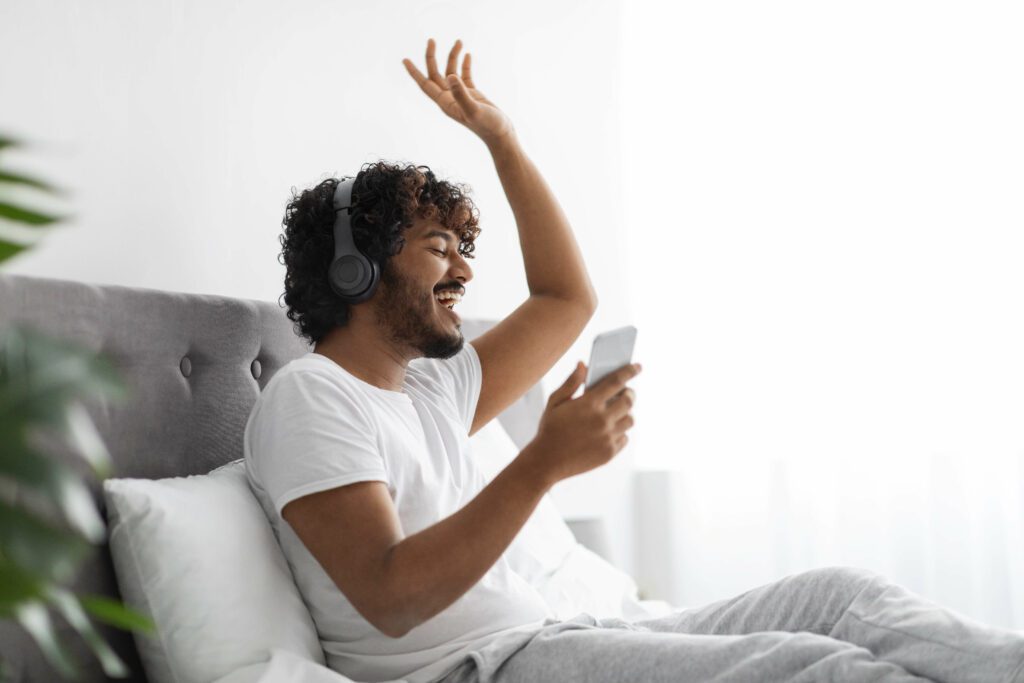Whether you’re Hollywood’s leading actor or a sports star, the fact remains that outside of the actual job these people are paid to do, there are certain components associated with the career that most have simply come to expect of someone. From walking the red carpet to press conferences post-match and press junkets prior to a film’s release, these public-facing events and media appearances are merely a trapping of fame. But in recent years, the impact these events can have on individuals is becoming known. From Naomi Osaka saying she won’t do any more press interviews to protect her mental health, to others speaking up about the toll of the media on their psyche, it’s becoming ever more clear just how mentally and emotionally draining such publicity can be.
Now, it’s Jonah Hill who is speaking up about his own struggles with mental health with the actor and director penning an open letter to announce he will no longer take part in promoting his films. As Hill expressed, these media appearances and public-facing events serve only to exacerbate his mental health issues, particularly when it comes to his near 20-year struggle with anxiety attacks.
Published by Deadline ahead of the debut of his new documentary, Stutz, the film directed by Hill explores his relationship with his therapist, Phil Stutz, whom Hill began seeing in 2017 at the recommendation of fellow actor, Joaquin Phoenix. In the film, Hill and his therapist speak candidly about his mental health. “Through this journey of self-discovery within the film, I have come to the understanding that I have spent nearly 20 years experiencing anxiety attacks, which are exacerbated by media appearances and public facing events,” wrote Hill.
For Hill, the purpose of making Stutz was to “give therapy and the tools I’ve learned in therapy to a wide audience for private use through an entertaining film.”
While Hill hopes audiences enjoy the film and can also take something away from it that helps them in their own life, he admits that he won’t be out there promoting it at all, nor will he be promoting any future films he directs or stars in as he takes “this important step to protect myself. If I made myself sicker by going out there and promoting it, I wouldn’t be acting true to myself or to the film,” said Hill.
“I usually cringe at letters or statements like this but I understand that I am of the privileged few who can afford to take time off. I won’t lose my job while working on my anxiety. With this letter and with Stutz, I’m hoping to make it more normal for people to talk and act on this stuff. So they can take steps towards feeling better and so that the people in their lives might understand their issues more clearly.”
It comes after Tom Holland recently announced he would be stepping away from social media after finding it was “detrimental” to his mental health. In a video posted to his Instagram that boasts a following of 67 million, the 26-year-old said: “I find Instagram and Twitter to be overstimulating, to be overwhelming. I get caught up and I spiral when I read things about me online and ultimately it’s very detrimental to my mental state. So I decided to take a step back and delete the app.”
If you or someone you know is struggling, help is available. Contact Lifeline on 13 11 14, Beyond Blue on 1300 22 4636, or the MensLine on 1300 789 978.
















